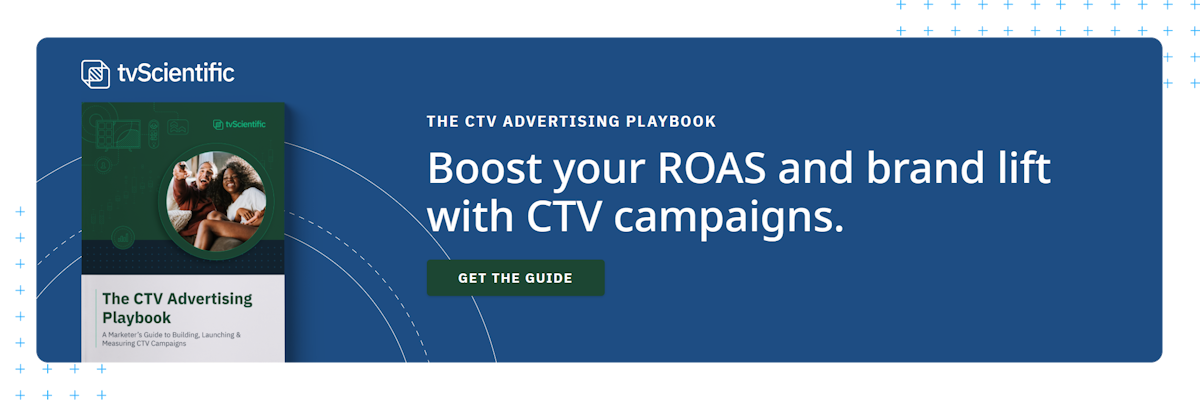By tracking conversions, businesses can evaluate the effectiveness of their marketing efforts and make data-driven improvements to campaigns.
By understanding conversion rates and optimization strategies, businesses can enhance their entire digital marketing strategy
In the dynamic world of modern marketing, understanding conversions is paramount for businesses seeking to thrive in competitive landscapes. Conversions represent the pivotal process of guiding potential customers towards specific actions, shaping the trajectory of sales funnels and user experiences.
From tracking metrics like conversion rates to optimizing campaigns with personalized strategies, businesses navigate a complex terrain to drive success. In this comprehensive guide, we delve into the essence of conversions, the strategies for optimizing conversion rates, the significance of conversion tracking, and the diverse types of conversions that shape digital marketing landscapes. Join us as we explore the fundamental elements of conversions and their transformative impact on business growth.
Conversions Defined
In modern marketing, conversions represent the process of persuading potential customers to take a specific action, such as making a purchase, signing up for a newsletter, or downloading an app. By tracking conversions, businesses can evaluate the effectiveness of their marketing efforts and make data-driven improvements to campaigns. Conversions signify progress along the sales funnel and are pivotal in assessing campaign performance and user experience.
Read more in What Is A Conversion in Marketing?
Conversion Rate Optimization
Conversion metrics like the conversion rate, average order value (AOV), and bounce rate also provide valuable insights into customer behavior and website performance. These findings help marketers identify campaign problems, from a poorly optimized website to misunderstandings about your audience. Optimizing these elements can drive higher conversion rates in the short term and increase revenue over the long term.
Understanding industry-specific benchmarks also helps marketers set realistic goals for conversion rates, while A/B testing, segmentation, and data analysis can help you get the most value from each campaign. Focusing on user experience, persuasive content, and effective calls-to-action, tend to be highly effective across audiences at enhancing conversion metrics.
Read more in How to Calculate Conversion Rate.
Why Track Conversions?
By adding tags to creative content, businesses collect data on user interactions for analysis. Conversion tracking is integral for understanding campaign performance amidst numerous platforms and channels available. It allows businesses to measure and analyze the different steps that guide customers along a sales funnel, such as form submissions, app installs, or purchases.
Key benefits of conversion tracking include:
- Measuring campaign performance against industry benchmarks
- Identifying high-value marketing channels
- Optimizing return on investment (ROI)
- Understanding audience behavior.
- Resource allocation for future campaigns
Various tools facilitate conversion tracking, including Google Analytics, Facebook Ads, and advanced platforms like Kissmetrics and Mixpanel. These tools track website traffic, user behavior, and specific actions while analyzing campaign performance and user engagement.
Read more in What Is the Benefit of Conversion Tracking?
Types of Conversions
Many types of conversions contribute to business goals, most of which fall into macro and micro categories.
Macro conversions directly impact primary business objectives, such as collecting survey data, gaining a subscriber, or otherwise completing a direct purchase. Micro conversions represent individual steps that contribute towards achieving a primary goal, such as increasing brand recognition or engagement. Actions like account sign-ups or resharing social media content create new lines of communication while fostering brand loyalty. Utilizing both macro and micro conversions is essential for maximizing the effectiveness of campaigns and, more broadly, digital marketing strategies themselves.
Read more in 6 Types of Conversions in Digital Marketing.
Make tvScientific Your CTV Partner
tvScientific was co-founded by senior executives with deep roots in search, programmatic advertising, digital media, and ad verification. We think scientifically, and our results are driven by a belief in one, simple formula: Trust = Data x Transparency x Control.
With powerful attribution capabilities, real-time reporting, automated optimization, and built-in, always-on testing, we believe that tvScientific provides the most robust, transparent, tailored CTV advertising platform. Once you see it for yourself, we know you will too. Request a demo today.






